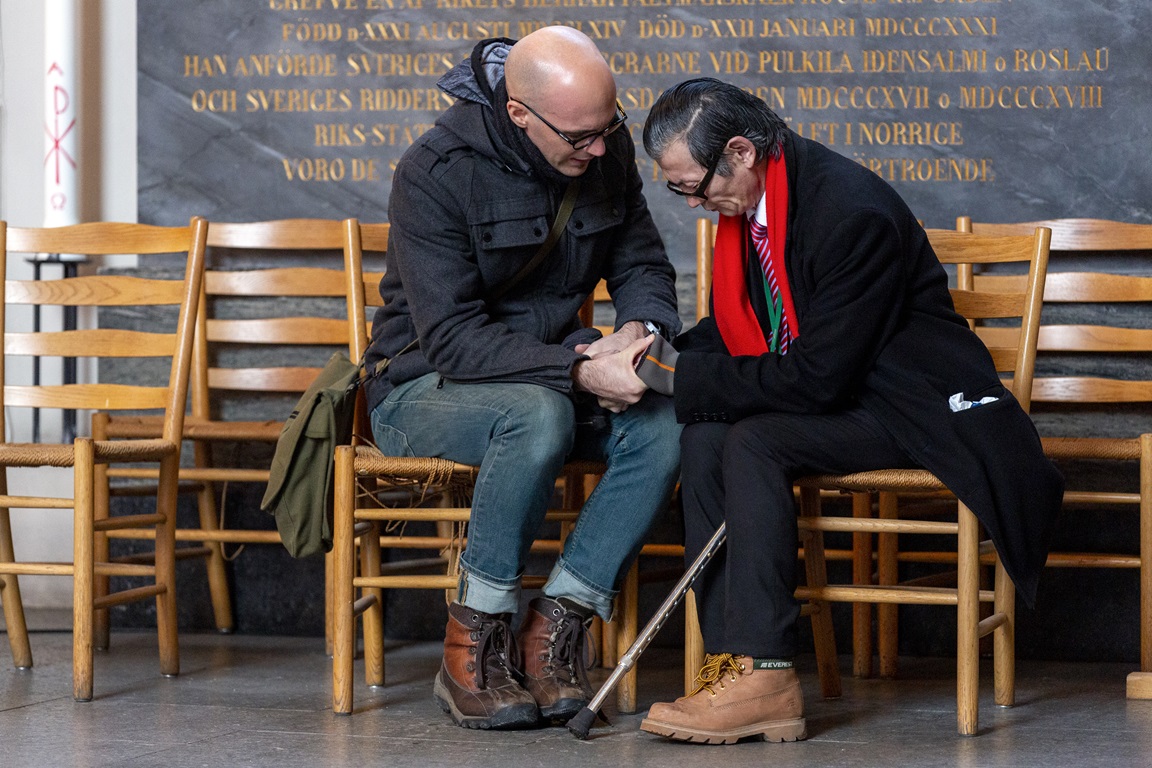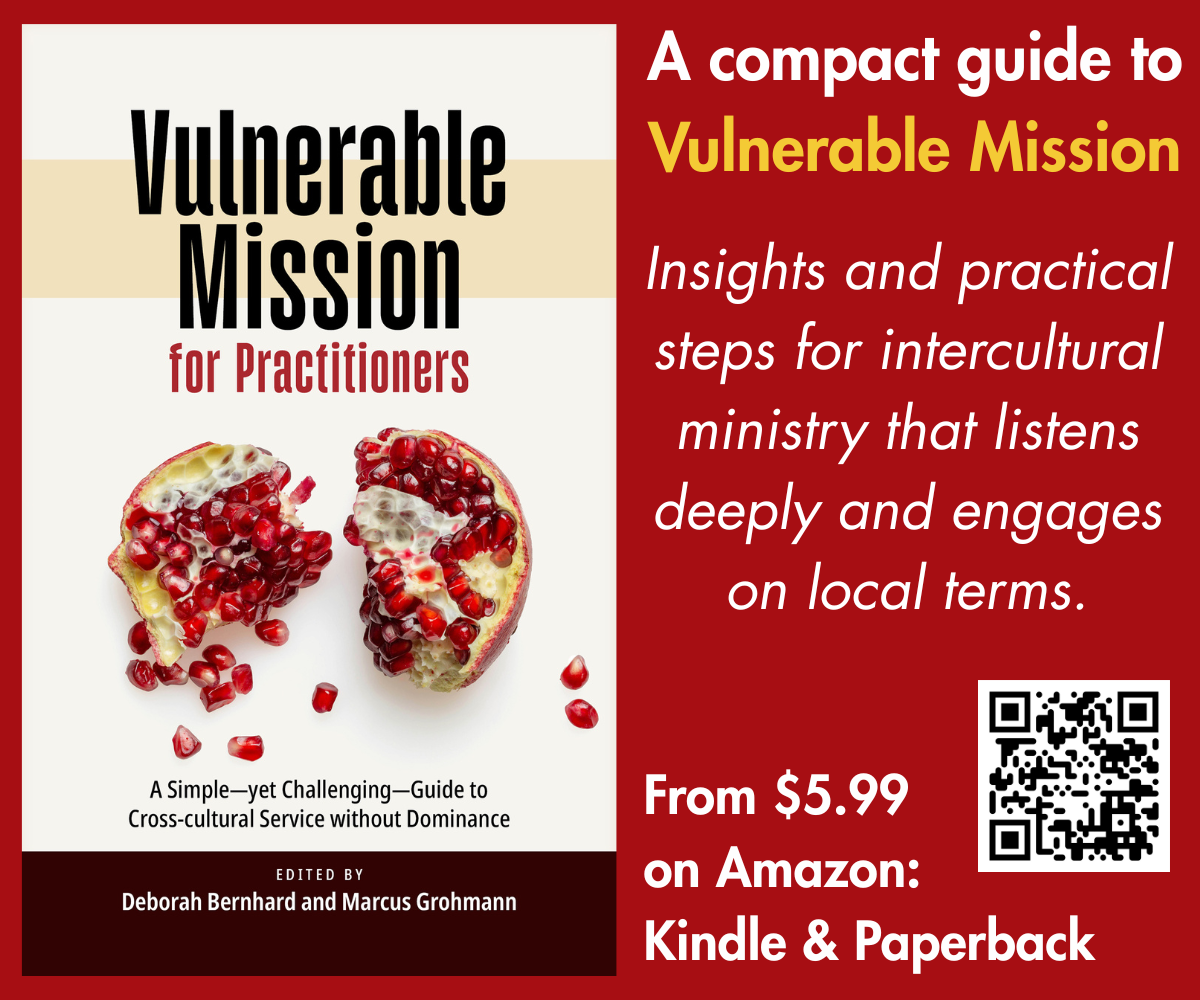EMQ » April–July 2024 » Volume 60 Issue 2

Summary: Understanding acculturation strategies helps missionaries know what they personally experience and what members of a diaspora community experience. It also provides several insights relevant to diaspora church planting.
By David R. Dunaetz
Well-prepared missionaries know that they will need to adapt to their host culture when they arrive in their country of service. However, they may be less prepared to know how to work with immigrants whom they meet in their host country who are also adapting to a new culture.
When we arrived in France as church planting missionaries, we were seminary trained and ready to master and assimilate into French culture. Our goal was to put into practice Thomas and Elizabeth Brewster’s principle of missionary bonding where we would spend our first few weeks with the French and avoid the missionary community so that we would integrate and feel like we belonged with the French.[i]
It worked for a few hours or so, but we were not able to find many people in the Parisian suburbs who wanted to bond with Americans who did not speak French very well. By God’s grace, the missionary team with which we were to work was quite a bit more welcoming. They provided us with the basic information for day-to-day living and helped us get enrolled in language school.
Nevertheless, we were still determined to fully assimilate into French culture and leave our American culture behind. It was at times very painful. I remember a French professor asking me, in front of the whole class, something like “Pourquoi étudiez-vous le français? Vous le parlez si mal!” (“Why are you studying French? You speak it so poorly!”).
Member-Only Access
Evangelical Missions Quarterly (EMQ) is available to Missio Nexus members as a member-only benefit or as a digital subscription.
Please login to gain access or join Missio Nexus!






